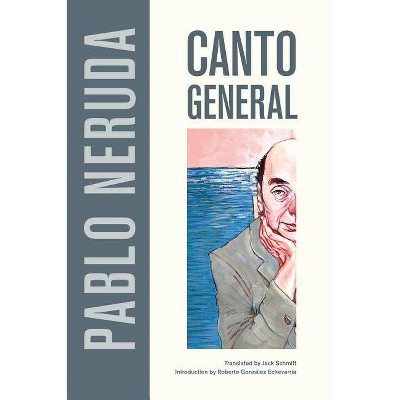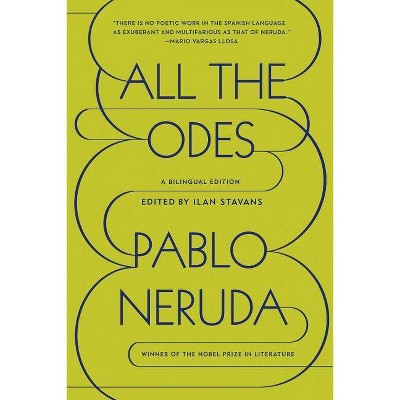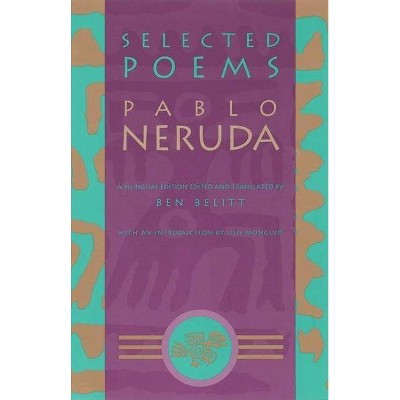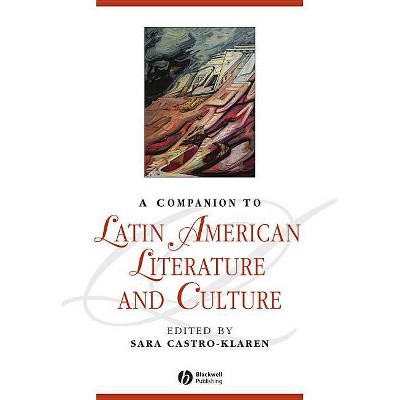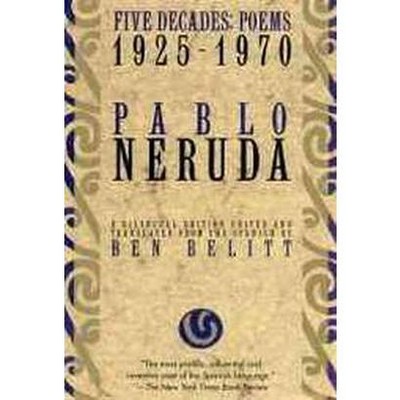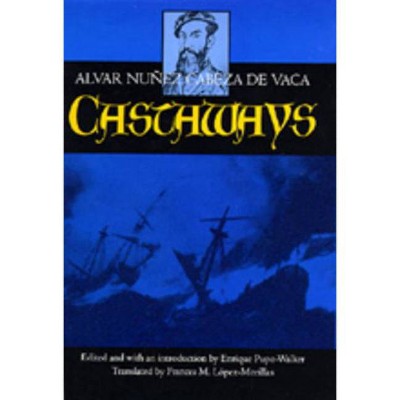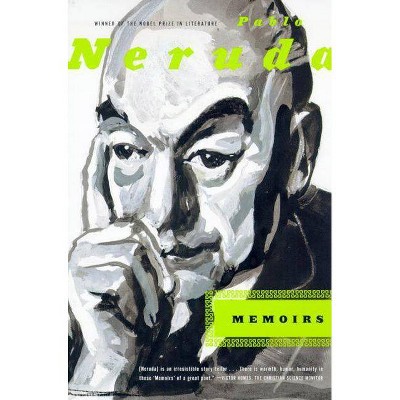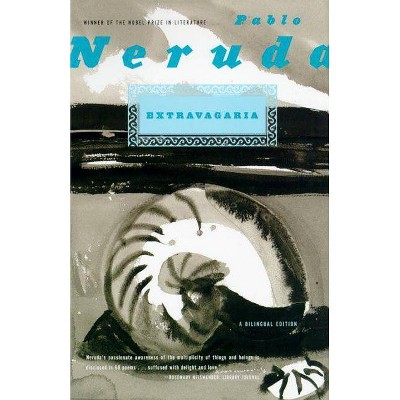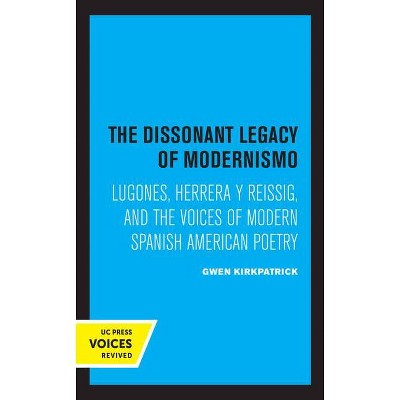Selected Odes of Pablo Neruda, 4 - (Latin American Literature and Culture) (Paperback)
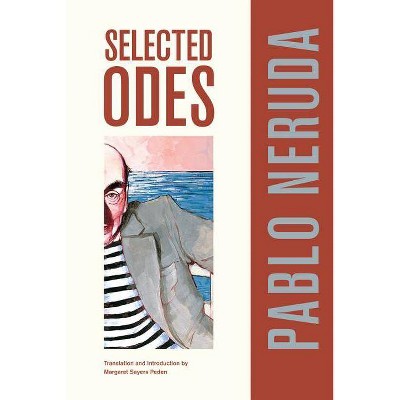
Similar Products
Products of same category from the store
AllProduct info
<p/><br></br><p><b> About the Book </b></p></br></br>Poems in Spanish with parallel English translations.<p/><br></br><p><b> Book Synopsis </b></p></br></br>The atom, a tuna, laziness, love-the everyday elements and essences of human experience glow in the translucent language of Neruda's odes. Chilean poet Pablo Neruda (1904-1973) wrote three books of odes during his lifetime. <i>Odas elementales</i> was published in 1954, followed in subsequent years by <i>Nuevas odas elementales</i> and <i>Tercer libro de las odas</i>. Margaret Sayers Peden's selection of odes from all three volumes, printed with the Spanish originals on facing pages, is by far the most extensive yet to appear in English. She vividly conveys the poet's vision of the realities of day-to-day life in her translations, while her brief introduction describes the genesis of the poems.<br /><br />To write simply of simple things was a task the poet undertook consciously, following his experiences in the Spanish Civil War, the "social conversion" that resulted from a visit to Macchu Picchu, and the writing of his epic <i>Canto general</i> (California, forthcoming). The odes are arranged in brief, sinuous lines that flow down the page and connect the poet to the animal, mineral, and vegetable world, to people and objects, and to the landscape of history. "Chile," Neruda once said in reference to the work of sixteenth-century poet Alonso de Ercilla, "was invented by a poet." In accepting the Nobel Prize for Literature in 1971, he declared that "We [writers from the vast expanse of America] are called upon to fill with words the confines of a mute continent, and we become drunk with the task of telling and naming." The odes reflect what Neruda saw as both an obligation and a privilege-the naming and defining of his world.<p/><br></br><p><b> From the Back Cover </b></p></br></br>Neruda's odes, coming as they did after the lyric intensity of <i>Residencia en la tierra</i> and the epic sweep of <i>Canto general</i>, carved out a new field for him and for Latin American poetry. . . . The <i>Odas elementales</i> have found a sensitive, sensible translator.--John Felstiner, Stanford University<p/><br></br><p><b> About the Author </b></p></br></br><b>Pablo Neruda</b>, original name Neftalí Ricardo Reyes Basoalto (born July 12, 1904--died September 23, 1973), was a Chilean poet, diplomat, and politician who was awarded the Nobel Prize for Literature in 1971. He was perhaps the most important Latin American poet of the 20th century. <p/><b>Margaret Sayers Peden</b> is Professor Emerita of Spanish at the University of Missouri, Columbia. The author of <i>Emilio Carballido</i> and editor of <i>The Latin American Short Story, A Critical History</i>, she has translated more than twenty works of fiction, drama, and poetry.
Price History
Price Archive shows prices from various stores, lets you see history and find the cheapest. There is no actual sale on the website. For all support, inquiry and suggestion messagescommunication@pricearchive.us
